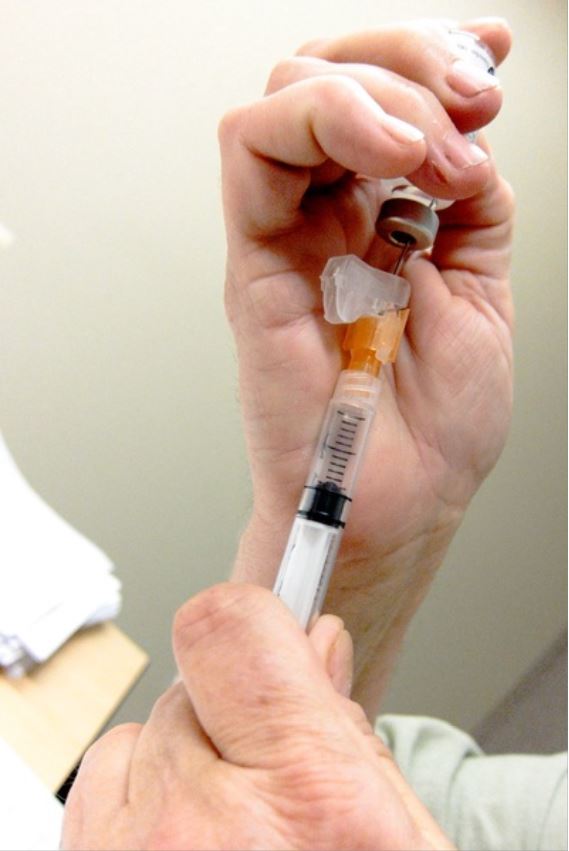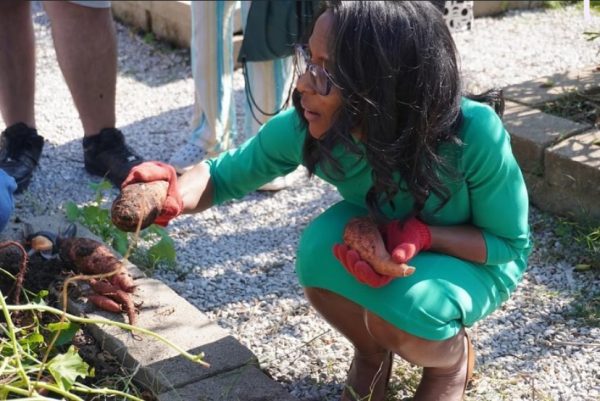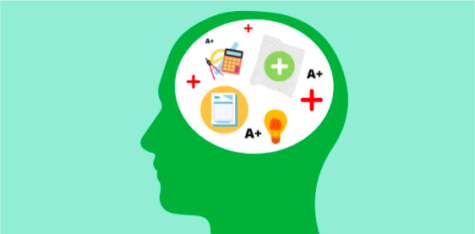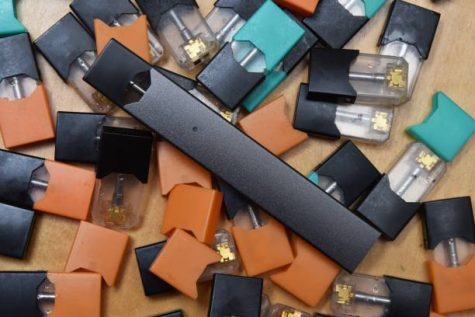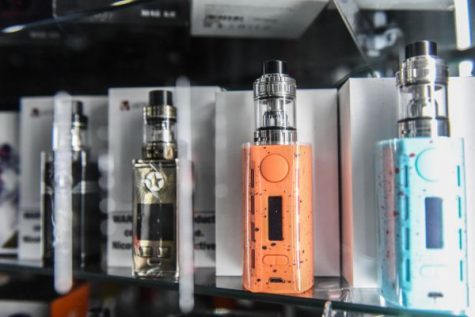COVID-19 vaccine tested, tried and true among White Station community
Daniel Paquet//CommonCreatives
COVID-19 vaccines are being used to combat the virus and the destruction that the virus has caused. For some in the White Station community, their experience with the vaccine has been beneficial for themselves and those close to them.
The COVID-19 vaccine is a savior for some, a mystery to others, but an interesting topic for all. While multiple versions of the vaccine have been approved by the FDA, many are still cautious of the medicine. In the White Station community, some have received the vaccine despite the controversy.
“I just really, really trust the scientific leadership at St. Jude and because I know that even though this vaccine is new, vaccination itself is not new,” Anne Duvall, a teacher at St. Jude Children’s Research Hospital and wife of AP Government teacher Curtis Rakestraw, said. “Vaccine science has existed for a very long time and so the people who are creating this vaccine know more about vaccines than I would ever know from any sort of hours of internet research I could do. That would not be nearly as good as the entire lifetimes of people who have spent all of their life and efforts discovering how vaccines work. So I just trust experts, and the experts were saying it was safe, so I went ahead.”
Despite the approval of prominent scientists and researchers, people are concerned about the rapidity of the approval process. The average time for a vaccine to be authorized in the past was around five years.
“They need to go through the animal study first, and then the human study for the safety and then also to check what’s the dosage and to see what’s the best dose for the human, and then to go through the clinical trial,” Dr. Feiyu Chen, father of Elaina Chen (10), said. “And then [from] the clinical trial to phase one, phase two and then phase three to the different phases and you need to choose a different population, a different age, different gender, different weight… to see whether it works for all the people or just works for a certain age of people. This time, both vaccines covered everything… they [got] emergency approval quite quickly. It’s supposed, for a normal vaccine, to take three-five years to get approved. This [COVID-19 vaccine] has [been approved] in less than one year….”
In addition to the rushed timeline, fear of potential side effects prevents people from supporting the COVID-19 vaccine. Although everyone’s circumstances are different, most recorded side effects have been minimal.
“When I got the first dose, the only side effect was a little bit of soreness at the injection site,” Duvall said. “And when I got the second dose, I had more significant soreness in my arm and then the next day I had a little more soreness through the rest of my body and a pretty low-grade fever, but it was really only slightly uncomfortable. I, at no point, felt, like, extremely sick or fatigued. I know that… it can vary — my side effects were not severe at all, they didn’t really stop me from doing anything other than not being at work with a fever… It was very mild… It was just a very easy process, and all the side effects were gone within about 30 hours so it was just short-lived, and I know it was just my body doing what it was supposed to do with the vaccine.”
While the vaccine’s reception is complicated, the process of getting the vaccine (once a person is eligible to receive the medicine) is simple. Señor Shirley, a Sergeant for Shelby Co. Sheriff’s department and the husband of Spanish teacherAngelica Shirley, explained the process.
“An appointment was made, I got to the location (fair grounds), almost immediately I was given the vaccine, which was completely painless (for me at least); we had to wait 15 mins for possible allergic reactions, and that was all. We were told we would be called for the second dose in about one month,” Señor Shirley said.
For many who have received the vaccine so far, their place of work has provided the service, as well as the reason they are getting the COVID-19 injection. The support and advice from employers have been helpful for many as they decide whether to receive the vaccine or not.
“I took the vaccine because I understand that the more people who take the vaccine, the safer our entire community is,” Duvall said. “I felt very lucky to be able to take the vaccine soon because I have direct contact with patients at St. Jude, and it’s so important … for caregivers to be bringing as little danger into their lives as possible because they’re immuno-compromised. I took it because I trust the science and because I just want to make sure that my students and my community are as safe as possible.”
Even if one isn’t able to receive the vaccine yet, they can still ensure that the process runs as smoothly as possible.
“Do your research about the three main types available in case they have a choice and consult with their doctor if they’ve suffered from allergies especially food and medication allergies, as they may be more prone to having an allergic reaction to the vaccine,” Angelica Shirley, Spanish teacher, said. “My husband is allergic to seafood but was cleared by his doctor, and he did not have an allergic reaction to the vaccine.”
The COVID-19 vaccine presents an opportunity to stop the spread of the disease. For some, the background of the medication is too much of an obstacle. For others, it is the cornerstone.
“I think the vaccine… is still really, really safe based on the data,” Dr. Chen said. “Also, the benefit really outweighs the risk. If you got the vaccine, you may have a little bit [of] side effect, but it’s really protecting you from the virus infection. If you’re not getting the vaccine, you’ve got the virus infection. It’s a [worse] problem –you might have pneumonia, you may get really sick, you might die from it, that’s a much much higher risk. The benefit really outweighs the risk.”
Your donation will support the student journalists of White Station High School. Your contribution will allow us to purchase equipment and cover our annual website hosting costs.



































